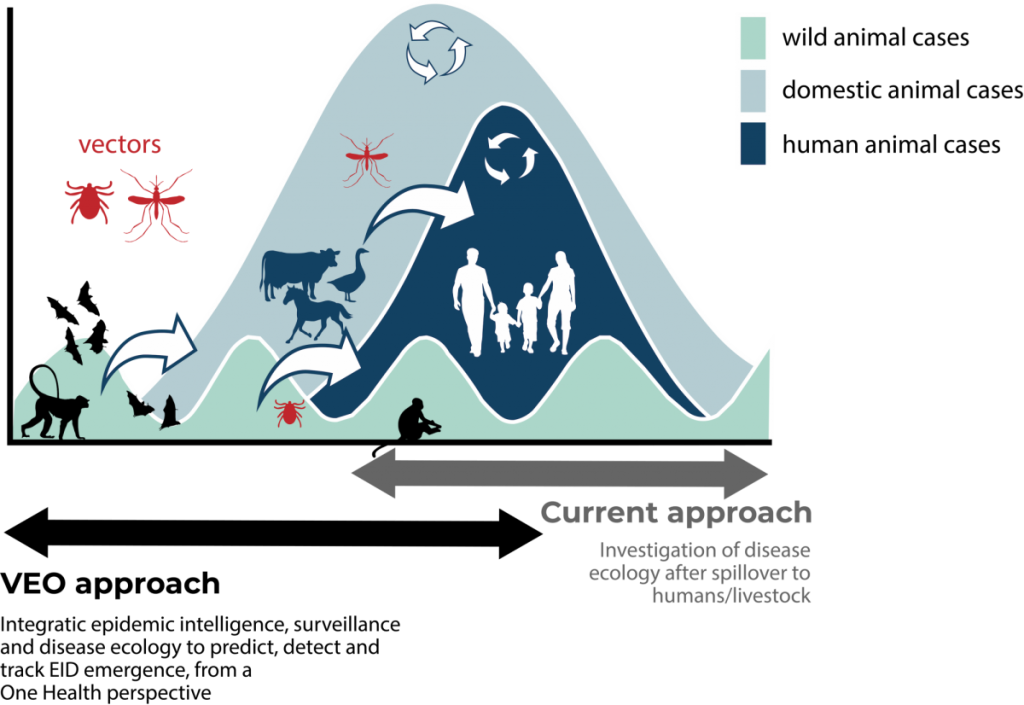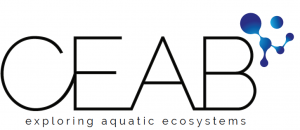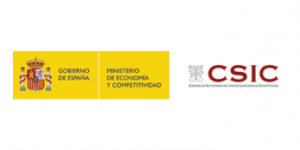The project consists of creating a Versatile Emerging Infectious Diseases Observatory (VEO) that allows to gather high quality information from which to develop early warning tools. The observatory will monitor emerging infectious diseases, as well as the appearance of bacterial resistance, in order to carry out a risk assessment.
VEO has the vision of being able to revolutionize the detection and prediction of threats to human and animal health derived from global changes. This revolution involves creating interdisciplinary teams, infrastructures and versatile technologies, working with open data and code, combining very diverse data (Big Data) and with data mining techniques to analyze a large volume of information to deduce patterns and be able to predict risks.
So, the project has seven specific defined objectives.
- Develop a data platform that enables very diverse data integration, exchange between experts, and data mining. Tools to support interdisciplinary collaboration and international teams that make up the VEO system.
- Generate, update and validate inventories of genetic signatures associated with relevant pathogens, identify the relationship between genetic variations and the pathogenesis of a virus or bacterium in order to assess risk from genetic monitoring.
- Integrate serological data from new antibody profiling technologies in the VEO database.
- Evaluate the VEO system in five specific scenarios to ensure that it meets the needs of users and assess the functionality of the techniques and tools developed.
- Develop a commitment to general needs rather than exploring the data, the challenges that come up, and finding solutions.
- Develop a guide to the ethical, legal and social implications of collecting and integrating large amounts of epidemiological data, as well as the ethical and legal implications of health research aided by citizen science.



